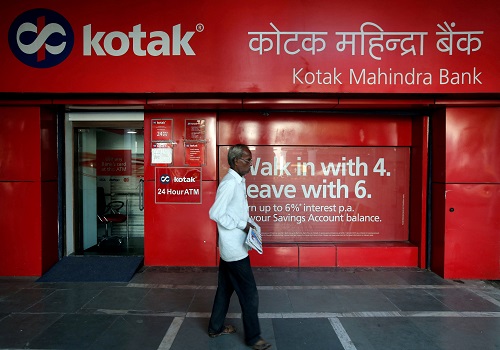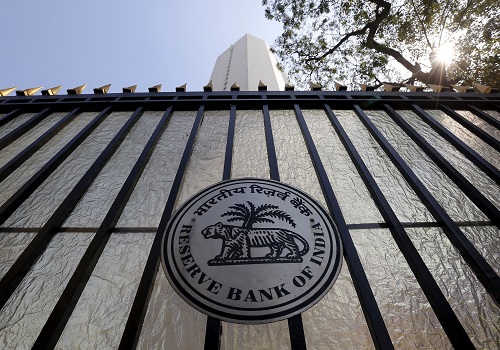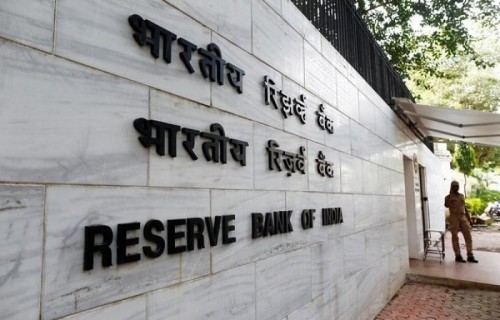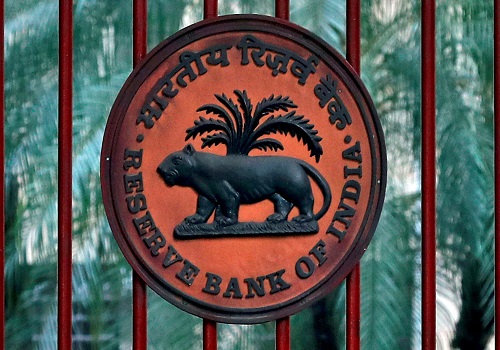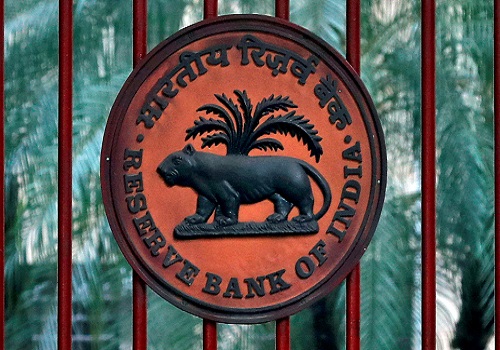Credit growth likely to remain robust

Follow us Now on Telegram ! Get daily 10 - 12 important updates on Business, Finance and Investment. Join our Telegram Channel
India's bank credit growth will accelerate in the financial year ending March 2023 (FY23), despite the effects of higher interest rates, says Fitch Ratings.
Strong loan growth should benefit net revenue, particularly as it will be coupled with wider net interest margins. However, it will put pressure on Core Equity Tier 1 ratios (CET1) should credit growth exceed Fitch's expectations, limiting buffers to absorb potential future losses.
Fitch Ratings sees bank credit expanding by around 13 per cent in FY23, up from 11.5 per cent in FY22. "The acceleration will be driven by the normalisation of economic activity after the Covid-19 pandemic, and high nominal GDP growth, which we expect to boost demand for retail and working-capital loans."
Fitch forecasts India's real GDP growth at 7 per cent in FY23. "The full-year loan growth is likely to represent a modest slowdown from the 17 per cent y-o-y pace in 1HFY23. This factors in some base effects. Nonetheless, we expect credit demand to stay robust into FY24, when we see growth at similar levels or slightly higher, assuming continued strong economic expansion," Fitch said.
Rapid loan growth contributed to the system CET1 ratio dropping by nearly 50 basis point in 1HFY23, from 13.4 per cent at end-FY22. "However, most banks do not factor in quarterly profits as part of their capital calculation. Our baseline assumption is that CET1 ratios will fall only modestly, and remain around 13 per cent levels until FY24, as banks step up efforts to raise external capital," it added.
Fitch also believes Indian banks generally remain open to additional capital-raising to fund growth, despite the rise in rates. "Private banks are generally better than state banks at capital planning, although moves to raise fresh equity are likely to be opportunistic and incremental, which should reduce the risk that they create capital market stress," the credit rating agency said.












 320-x-100_uti_gold.jpg" alt="Advertisement">
320-x-100_uti_gold.jpg" alt="Advertisement">






